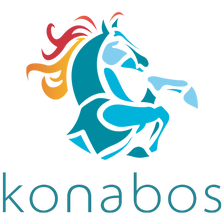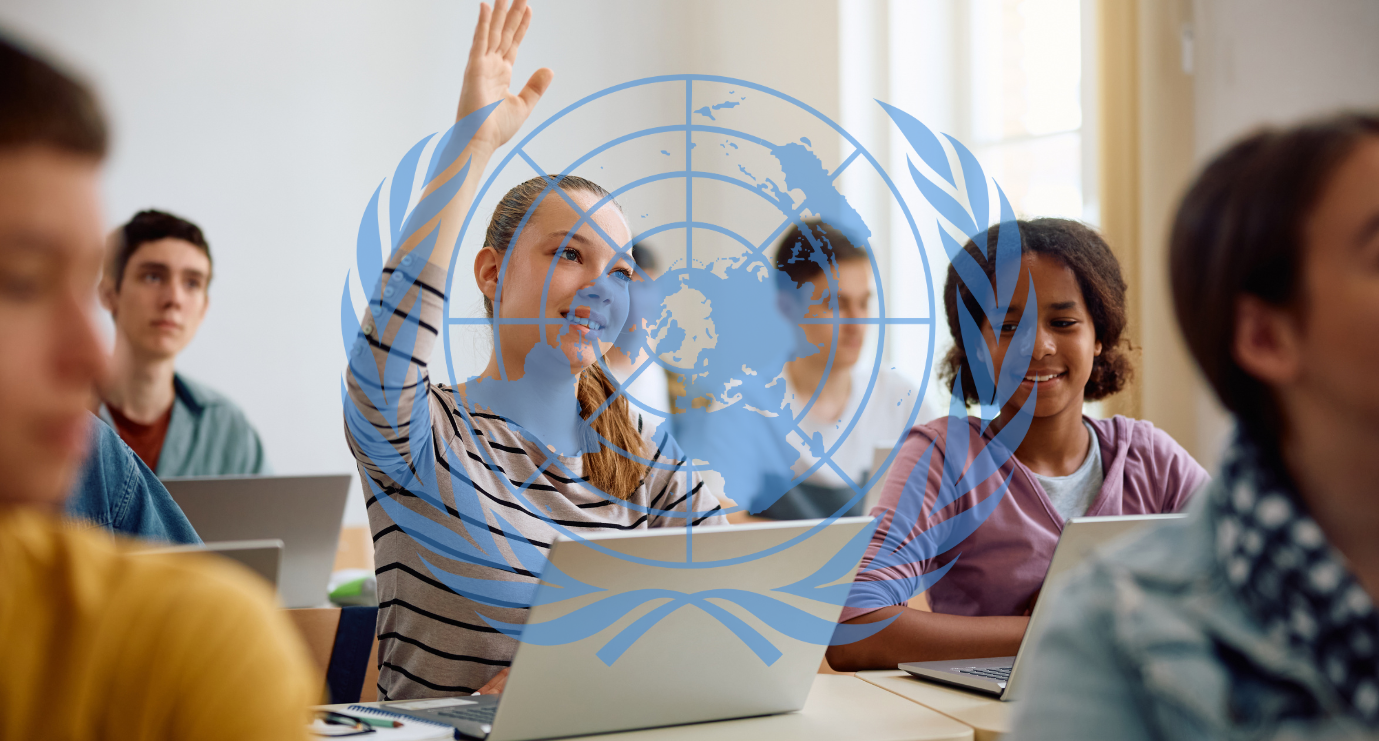The Twin Challenge: Gender Equality and Digital Literacy by 2030
Paul Williams - Senior Project Manager
11 Sep 2023
The United Nations’ fourth Sustainable Development Goal (SDG4) for #Agenda2030 is to ensure the provision of inclusive and equitable education for all globally. Sadly, we are way off track. The hard facts make harrowing reading:
- Without immediate systemic changes, by 2030 an estimated 84 million children and young people will still be out of school and an estimated 300 million students will still not have the basic numeracy and literacy skills they need to succeed in life.
- Currently, only 40%-50% of 15-24 year olds globally have any access to formal or non-formal education or training.
- In 2020, approximately a quarter of primary schools globally did not have access to basic services such as electricity, drinking water and basic sanitation facilities.
Systemic changes in how education is financed, delivered, and prioritized must be made immediately if we, as a global people, are to achieve the United Nations’ education goals by 2030.
One specific target of SDG4 reads: “[…] substantially expand the number of scholarships available to developing countries, in particular least developed countries, small island developing States and African countries, for enrolment in higher education, including vocational training and information and communications technology [...]” (United Nations website, 2023).
The United Nations’ fifth Sustainable Development Goal (SDG5) is to achieve complete gender equality by 2030. The current statistics are even more alarming. At the current rate of change, it will take:
- 300 years to end child marriage.
- 286 years to close gaps in legal protection and remove discriminatory laws.
- 140 years to achieve equal representation in leadership in the workplace.
The United Nations’ delivery timeline for these targets is 2030. Think about that. Now consider what happens if we superimpose the gender statistics upon the education statistics for poor, authoritarian, lawless, military-led, patriarchal, undemocratic, or corrupt countries. Religious and populist extremism also play their part. You may start to wonder just how many women and children globally do not have access to basic information technology education and training.
SDGs 4 and 5 are of global concern and urgent. Without equal and inclusive education and training for all, no matter the gender or nationality, the other fifteen goals will not be achievable by 2030. This includes climate change and global peace and strong institutions. Indeed, a specific target of SDG5 is to: “Enhance the use of enabling technology, in particular information and communications technology, to promote the empowerment of women.”
It's not too late (although by the thinnest of margins) to make these systemic changes.
It will require the concerted and coordinated effort of multinational institutions, NGOs, national and local governments, and an exponential increase in the number of public/private partnerships.
What can we do?
A goal without a plan is just a dream.
Collectively, we can do this.
Some food for thought:
- There are many local charities that will willingly take broken or unwanted computers and smartphones and fix and redistribute them to developing countries. This or the landfill? If you’re an ace at building gaming PCs, why not volunteer to fix up and re-purpose out-of-date and/or unwanted devices? This also helps move the world to a circular economy (any generative AI can give you a good definition.)
- There are many online services that connect businesses to freelancers everywhere; those trying to make a living from IT and media-related work. There is no need to promote specific services here due to their ubiquity.
- There are many activist sites such as change.org and globalcitizen.org that give you a voice on the global stage so you can be heard.
- Anyone with a social media account can advocate for change. Stand up and be counted.
- You could suggest a matching scheme with your employer to donate funds to charities and NGOs charged with achieving inclusive and equitable education for all, including women and children.
Use your imagination, look around you. Everyone can help.

Paul Williams
As an advocate for the United Nations’ Sustainable Development Goals, I am passionate about creating digital solutions that are innovative, sustainable, and equally accessible to people of all abilities, everywhere.
With diverse experience in both technical and digital marketing roles, I help Konabos build engaging online experiences that turn visitors into paying customers.
Over the past 23 years, I've been involved in developing and managing all aspects of content management, digital publishing, e-commerce, online subscriptions, and community management across many different MarTech platforms.
I held significant roles at The Economist and NTT Data, including Program Manager, Director of Web Operations, and Director of Sitecore Delivery.
And now I'm excited to share my experience, passion, and innovation at Konabos!



Share on social media